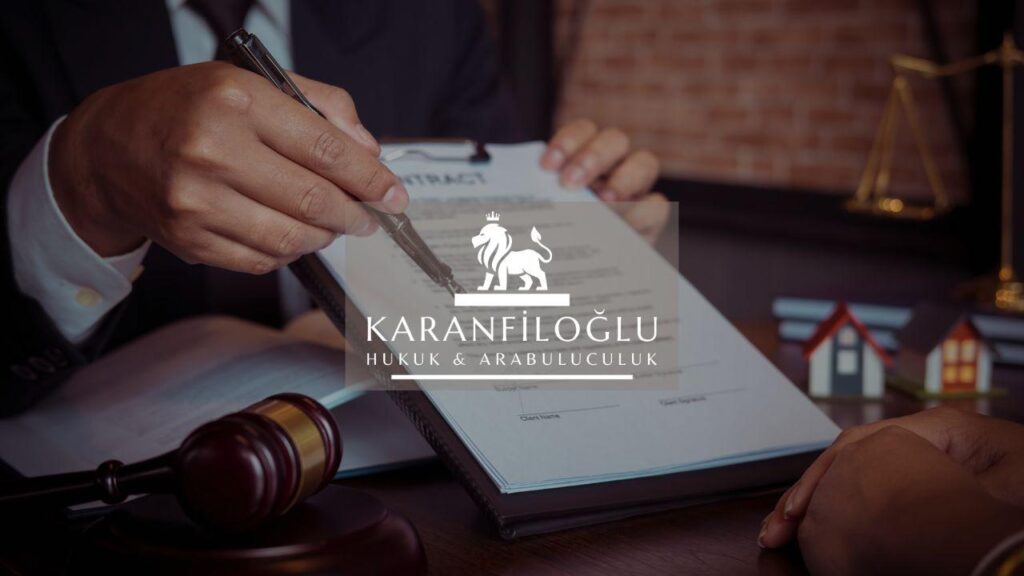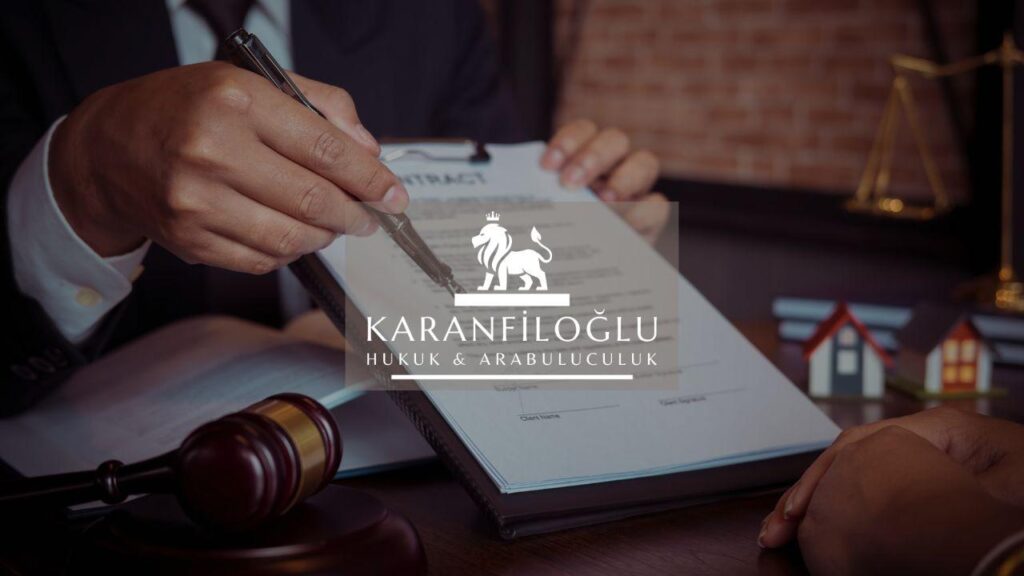Seeking asylum in Turkey involves several critical steps governed by Turkish law to ensure protection and compliance with international standards. The process is primarily directed by the Law on Foreigners and International Protection (LFIP) No. 6458, which regulates the application procedure, rights, and obligations of applicants. To initiate an asylum claim, individuals must apply to the Provincial Directorate of Migration Management as stipulated in Article 69 of the LFIP. Subsequently, applicants undergo personal interviews conducted under Article 70, intended to assess their status and needs. Additionally, regulations regarding temporary protection, outlined in Article 91, may apply to certain groups fleeing conflict. Throughout these procedures, Karanfiloglu Law Office offers expert legal guidance to ensure that all requisite documentation is accurately completed and deadlines are met, facilitating a smoother pathway to attaining asylum status in Turkey.
Understanding Eligibility and Criteria for Asylum in Turkey
Eligibility for asylum in Turkey is primarily determined based on the criteria set out in the Law on Foreigners and International Protection (LFIP) No. 6458. According to Article 61 of the LFIP, individuals seeking asylum must demonstrate that they have a well-founded fear of persecution based on race, religion, nationality, membership of a particular social group, or political opinion if returned to their country of origin. Additionally, under Article 63, those who cannot be returned to their country due to the risk of severe harm, such as the death penalty, torture, or inhumane treatment, may also qualify for subsidiary protection. The assessment of an asylum claim includes a thorough review of the applicant’s personal circumstances, the conditions in their home country, and the credibility of their fear of persecution. At Karanfiloglu Law Office, our experienced lawyers are equipped to assist applicants in gathering and presenting the necessary evidence to support their asylum claims effectively.
In addition to meeting the eligibility criteria outlined in the Law on Foreigners and International Protection (LFIP), applicants must submit specific documentation to support their asylum claims. Necessary documents may include identification papers, evidence of their persecution or threats, and any other relevant personal records. As per Article 67 of the LFIP, documents should be submitted in full at the time of application, although individuals can present additional evidence during the personal interview process. The Provincial Directorate of Migration Management, which is responsible for reviewing asylum applications, places significant emphasis on the credibility of the evidence provided. In cases where documentation is incomplete or unavailable, testimonials and affidavits from the applicant and witnesses can also serve as crucial pieces of evidence. At Karanfiloglu Law Office, we guide our clients through compiling and submitting comprehensive documentation, ensuring that every detail aligns with the legal requirements to enhance the likelihood of a favorable outcome.
Another crucial aspect of an asylum claim in Turkey is the personal interview, a critical step that allows applicants to present their case in detail. Under Article 75 of the LFIP, this interview is conducted by experts trained in managing asylum cases, ensuring that the applicant’s story is heard comprehensively and without bias. The interview aims to delve into the specifics of the applicant’s fear of persecution and the evidence supporting their claims. Additionally, it provides an opportunity to clarify any discrepancies or incomplete information from the initial application. Throughout this process, applicants have the right to legal representation, and at Karanfiloglu Law Office, we ensure that our clients are thoroughly prepared for their interviews. Our legal team assists clients by helping them rehearse their narratives, understand potential questions, and know how to present their evidence most effectively, significantly enhancing their chances of obtaining asylum.
Essential Documentation and Filing Procedures for Asylum Applications
Submitting a complete and accurate set of documents is crucial when applying for asylum in Turkey. The initial application must include an asylum request form, which details personal information, reasons for seeking asylum, and any documentation supporting the claim. According to Article 75 of the LFIP, asylum applicants must provide valid identification or a thorough explanation if such documents are not available. Additionally, applicants are required to submit fingerprints and photographs as part of the procedure. Failure to provide these documents may result in delays or a rejection of the application. At Karanfiloglu Law Office, our legal experts assist clients in compiling and submitting all necessary documents, ensuring compliance with legal requirements and enhancing the likelihood of a successful asylum claim.
Once the initial documents are submitted, the next step involves the detailed evaluation of the asylum claim by Turkish authorities. During this phase, applicants may be required to submit additional evidence, such as medical reports, police records, or witness statements, to substantiate their application under Article 71 of the LFIP. These documents play a critical role in demonstrating the risks and challenges that necessitate asylum. It is important to note that the authorities also consider any country-of-origin information that may either support or contradict the applicant’s claims. Timely submission of this supplementary documentation can significantly impact the overall decision. Karanfiloglu Law Office provides expert assistance in gathering, organizing, and presenting this essential evidence, ensuring our clients’ cases are robust and well-supported throughout the evaluation process.
Following the submission and evaluation phases, applicants are interviewed by officials to assess the credibility and validity of their asylum claims, as dictated by Article 68 of the LFIP. These interviews may include a personal recounting of the events that led to the asylum request, clarifications on submitted documents, and any additional details that could support the claim. It is essential for applicants to prepare thoroughly for these interviews, as their responses can significantly influence the outcome of their application. At Karanfiloglu Law Office, our experienced lawyers help clients understand the interview process, prepare for potential questions, and reinforce their narratives with factual evidence, ensuring that their accounts are both compelling and credible. By offering meticulous preparation and unwavering support, we aim to enhance our clients’ prospects of securing a favorable decision on their asylum applications.
Navigating the Interview Process and Decision Timeline
Navigating the interview process is a pivotal step in the asylum application procedure in Turkey. According to Article 70 of the Law on Foreigners and International Protection (LFIP) No. 6458, applicants are required to attend a personal interview with the Provincial Directorate of Migration Management. This interview aims to gather comprehensive information about the applicant’s background, reasons for seeking asylum, and any pertinent documentation supporting their claim. During this phase, it is crucial to provide thorough and truthful responses as the information shared will significantly influence the decision-making process. The preparation for this interview can be complex and overwhelming; hence, the expert legal counsel provided by Karanfiloglu Law Office can prove invaluable. Our team ensures that applicants fully understand the nuances of the interview proceedings and are well-prepared to present their case effectively.
Following the personal interview, a decision timeline comes into play as stipulated by Article 78 of the LFIP. The law mandates that the Provincial Directorate of Migration Management reviews all submitted information and documentation meticulously before rendering a decision on the asylum application. Typically, a decision is communicated to the applicant within six months, though this period may extend in complex cases requiring additional scrutiny. During this waiting period, the applicant may be required to provide supplementary information or attend follow-up interviews. Ensuring that all requested documentation is promptly and accurately submitted is essential to avoid delays. Legal support from Karanfiloglu Law Office can help navigate this phase efficiently by monitoring case progress, liaising with relevant authorities, and addressing any queries or additional requirements that may arise. This proactive approach aids in expediting the decision-making process, helping applicants move closer to achieving asylum status.
Once a decision is reached, applicants are promptly notified through formal communication methods as specified in Article 80 of the LFIP. If the application is approved, the applicant can enjoy the rights and protection afforded under Turkish law, including access to social services, education, and employment opportunities. Conversely, if the application is denied, the applicant has the right to appeal the decision within 30 days, as per Article 81. Navigating the appeals process can be particularly challenging and requires a comprehensive understanding of legal provisions and procedural requirements. Karanfiloglu Law Office provides expert legal representation to ensure that the grounds for appeal are compellingly presented and that all necessary documentation is submitted within the stipulated timeline. Our commitment is to safeguard our clients’ rights throughout the entirety of the asylum procedure, maximizing their chances of a favorable outcome.
Disclaimer: This article is for general informational purposes only and you are strongly advised to consult a legal professional to evaluate your personal situation. No liability is accepted that may arise from the use of the information in this article.







